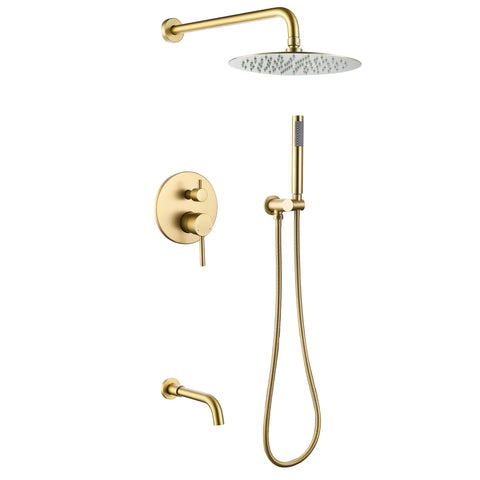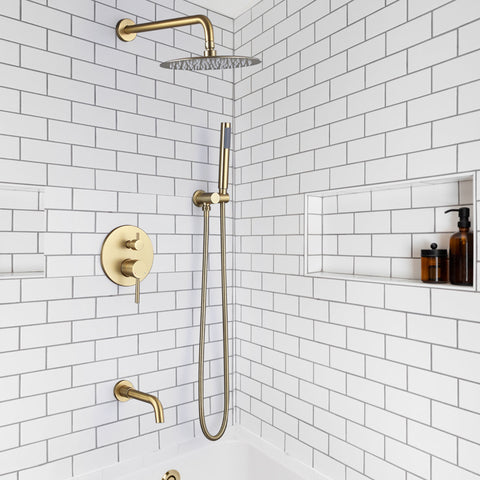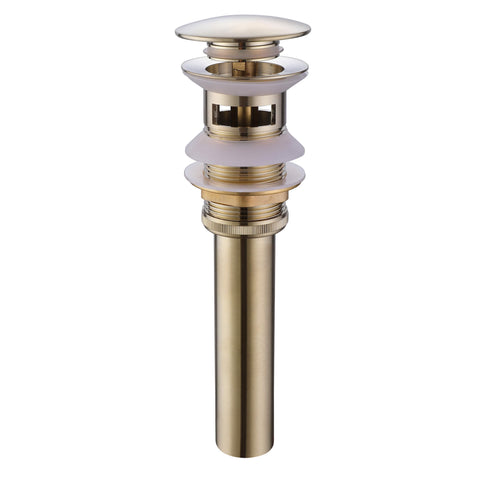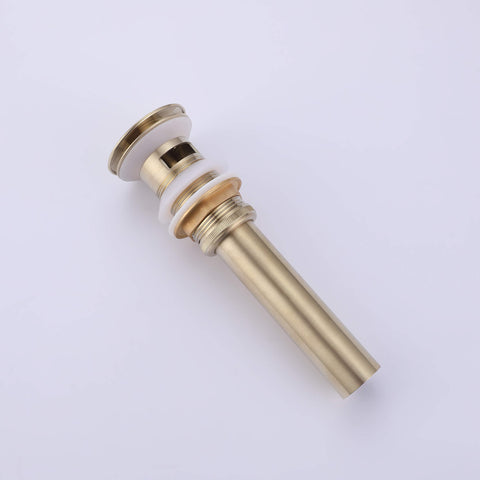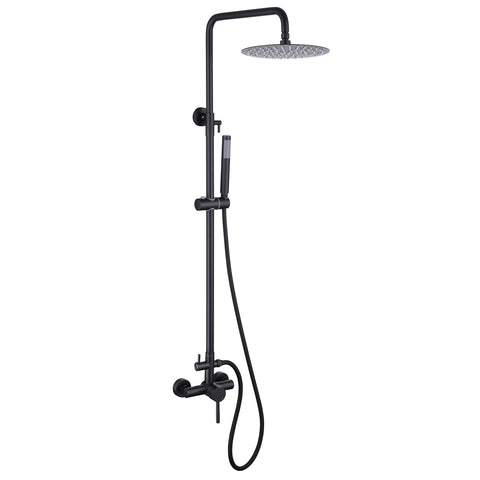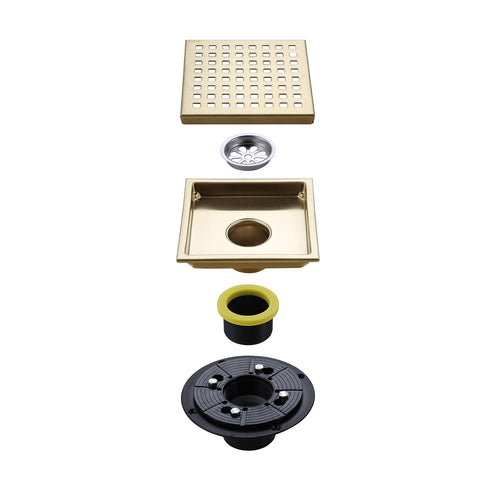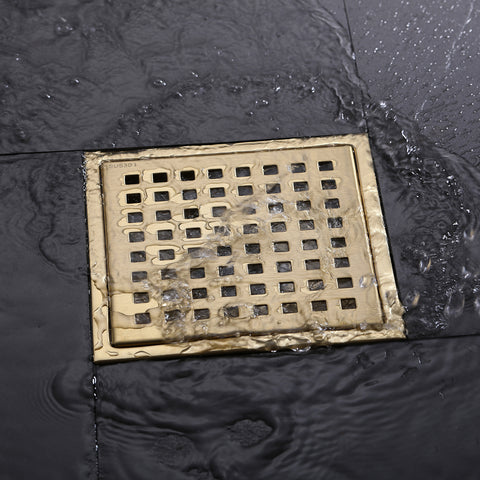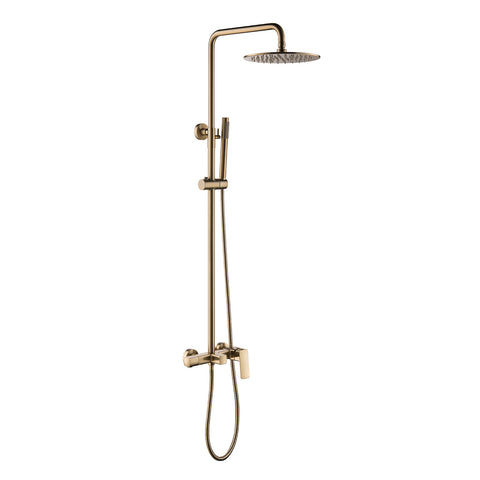Why Does Tap Water Have an Odor? Possible Causes and Solutions
Chlorine Odor
One of the most common causes of tap water odor is the presence of chlorine. Municipal water treatment facilities often use chlorine to disinfect water and kill harmful bacteria and viruses. While chlorine is effective in this regard, it can leave a distinct odor in the water. The smell of chlorine is similar to that of a swimming pool and can be off-putting to some individuals.
Solution:
If you detect a chlorine odor in your tap water, letting it sit in an open container for a few hours can help dissipate the smell. Alternatively, you can invest in a water filter with activated carbon, which can effectively remove chlorine and improve the taste and odor of your water.
Earthy or Musty Odor
An earthy or musty odor in tap water is often caused by the presence of organic compounds such as algae, bacteria, or fungi. These contaminants can find their way into water sources, such as lakes or reservoirs, and if not properly treated, can lead to an unpleasant smell.
Solution:
In such cases, contacting your local water utility is advisable. They can investigate the issue and take the necessary steps to address it. Additionally, using a water filter designed to remove organic compounds can help eliminate the odor.
Sulfur or Rotten Egg Odor
If your tap water has a distinct sulfur or rotten egg odor, it is likely due to the presence of hydrogen sulfide gas. This gas can occur naturally in groundwater or be a result of certain bacteria breaking down organic matter.
Solution:
Installing a whole-house activated carbon filter can effectively remove the sulfur compounds and alleviate the unpleasant smell. It is also recommended to periodically flush your water system by running taps for a few minutes to help remove any stagnant water where bacteria may accumulate.
Metallic or Bleach-like Odor
In some instances, tap water may have a metallic or bleach-like odor, which can be attributed to the presence of certain minerals or chemicals. High levels of iron, manganese, or copper can result in metallic-smelling water, while chlorine dioxide used in water treatment can produce a bleach-like odor.
Solution:
Contact your water utility to inquire about the water quality in your area. If the issue persists, consider installing a water softener or filtration system designed to remove minerals and chemicals that cause such odors.Surprisingly, the source of these odors may not only be the water itself, but the faucet it flows through. It is especially important to choose a high-quality faucet.
The odor in tap water can be a cause for concern, but it is often solvable with the right approach. Understanding the potential causes, such as chlorine, organic compounds, sulfur, or minerals, allows you to take appropriate steps to improve the quality of your tap water. Whether it's using activated carbon filters, contacting your water utility, or considering home filtration systems, there are various solutions available to ensure your water smells and tastes fresh. Remember, if you are unsure about the quality of your tap water or the cause of the odor, consult with professionals who can provide guidance tailored to your specific situation.